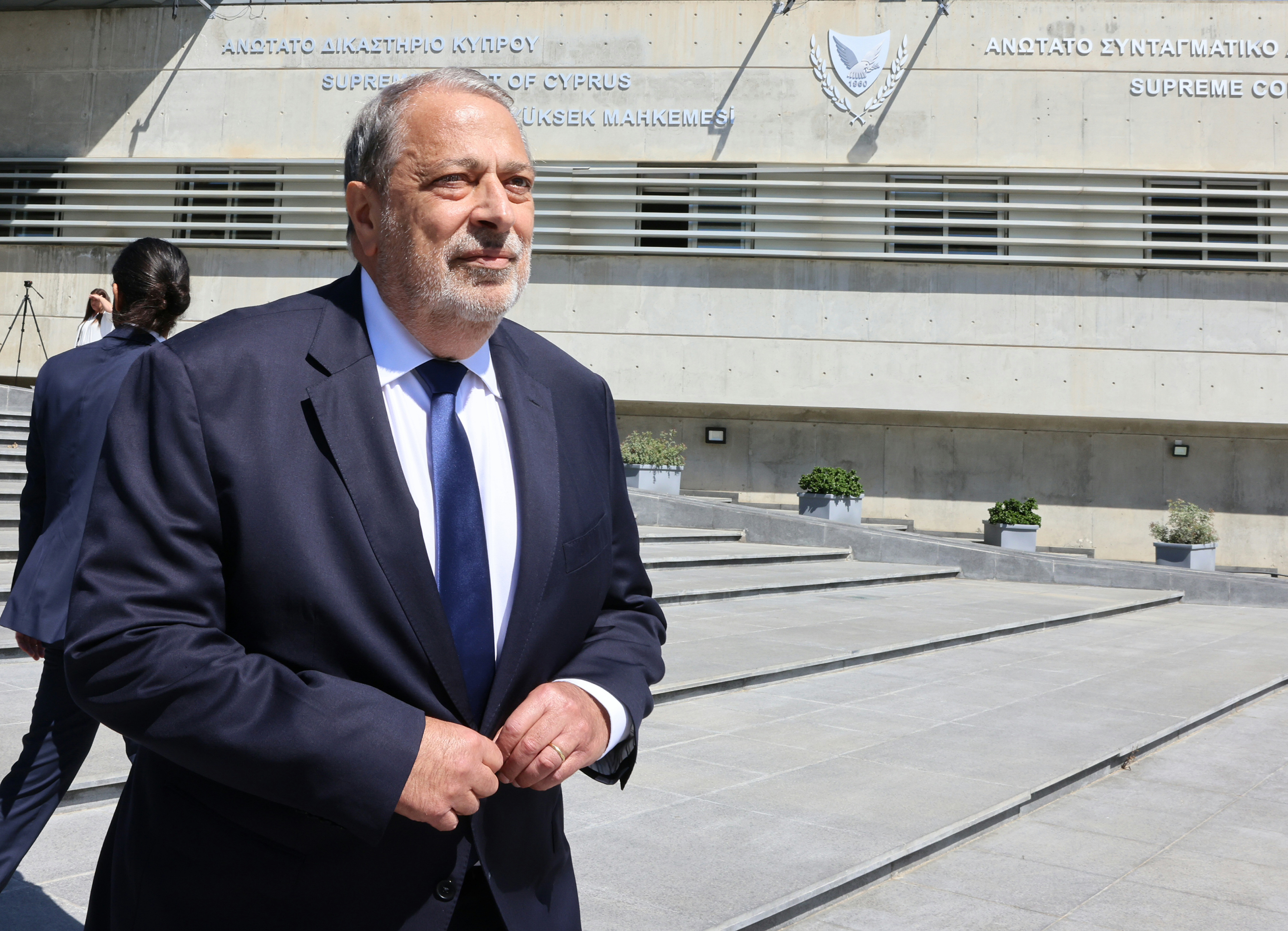The Law Office of the Republic gave assurances on Friday that it would be studying the European Court of Human Rights (ECtHR) ruling, which dealt a sharp blow to Cypriot authorities and deputy attorney-general Savvas Angelides, when it found Cyprus had violated key human rights in handling a rape complaint against Disy politician Andreas Ttaouxis.
In a statement, the office said the ruling would be taken into account for further compliance and re-evaluation of existing practices in offences of this nature.
The court found serious flaws in the criminal investigation and criticised how the alleged victim, a 28-year-old woman, was treated. Judges concluded that Cyprus breached articles 3, 8, and 14 of the European convention on human rights.
The state was ordered to pay the woman €20,000 in damages and €15,470 for legal costs, totalling €35,470.
The office said that since 2022, “acknowledging the particular importance with which cases involving vulnerable victims must be handled”, it has been involved in “relevant awareness-raising actions and training for its officers”.
“It was the ECtHR’s finding that the response of the competent authorities (police and legal service) to the applicant’s allegations of rape was such that they did not fulfill the state’s positive obligation to apply the relevant criminal provisions in practice through effective investigation and prosecution,” it added.
The attorney-general’s office said that “the Cypriot authorities failed, according to the ECtHR, in their main duty to assess the issue of consent, which exposed the applicant to secondary victimisation through incrimination and sexist standards.”
Meanwhile, deputy attorney-general Savvas Angelides said he assumed full responsibility for the handling of the case, but did not believe that this called for his resignation.
“The practical assumption of responsibility is not consistent with my departure from the Law Office, but with the initiation of a series of actions,” regarding compliance in the case and the general improvement of procedures, Angelides said.
He added that “every judicial decision, especially if it comes from international courts and contains criticism, is an opportunity for institutional introspection and substantial improvement.”
“I take responsibility for the handling of this specific case, recognising, but also underlining, the long-standing absence of specialised procedures and protocols for investigating complaints of such nature,” he said.
Angelides added that “on the other hand, we must not ignore the fact that every year a large number of cases are registered before courts for offenses involving gender-based violence, which demonstrates the great effort and continuous concern of the officers of the Law Office to bring such cases to justice.”
He added that the Law Office would study all parameters of the ruling in depth, revise the criminal investigation of the specific case, draft a protocol for investigating gender-based violence, upgrade training programmes for investigators and officers, and set up an internal monitoring mechanism for cases involving vulnerable victims.






Click here to change your cookie preferences